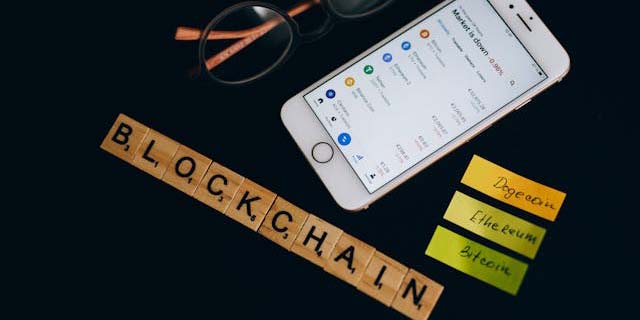
The `TO_DATE` function in Oracle is a crucial component of the database's date and time handling capabilities. Introduced with the early versions of Oracle Database, it allows users to convert strings into date values based on specified formats. This functionality has evolved over the years alongside Oracle's enhancements in SQL and PL/SQL. Initially designed to address the need for accurate date manipulation in relational databases, `TO_DATE` has become integral for applications requiring precise date calculations, reporting, and data analysis. As Oracle expanded its features and improved performance, the `TO_DATE` function remained a fundamental tool for developers and database administrators, ensuring that date-related operations are both efficient and reliable. **Brief Answer:** The `TO_DATE` function in Oracle, introduced in early versions of the database, converts strings to date values using specified formats. It has evolved over time to support accurate date manipulation, becoming essential for various applications in SQL and PL/SQL.
The Oracle `TO_DATE` function is a powerful tool for converting strings into date values, offering several advantages and disadvantages. One of the primary advantages is its ability to handle various date formats, allowing users to specify the exact format of the input string, which enhances flexibility and accuracy in data manipulation. Additionally, it helps prevent errors related to date conversions, ensuring that the data stored in databases adheres to the correct date format. However, a notable disadvantage is that improper use of the function can lead to runtime errors or incorrect date interpretations if the specified format does not match the input string. Furthermore, reliance on `TO_DATE` may introduce performance overhead in large datasets, as each conversion requires processing time. Overall, while `TO_DATE` is invaluable for managing date data, careful implementation is essential to mitigate potential pitfalls. **Brief Answer:** The Oracle `TO_DATE` function offers flexibility in converting strings to date values and helps ensure data accuracy, but it can lead to errors if formats mismatch and may introduce performance overhead in large datasets.


The `TO_DATE` function in Oracle is a powerful tool for converting strings into date values, but it comes with several challenges that users may encounter. One of the primary issues is ensuring that the input string matches the expected date format; discrepancies can lead to errors or unexpected results. Additionally, handling different regional date formats can complicate data processing, especially in applications that operate across multiple locales. Users must also be cautious about time zone considerations, as the `TO_DATE` function does not account for time zones, potentially leading to inaccuracies in timestamp data. Furthermore, when dealing with large datasets, performance can become a concern if the conversion is applied inefficiently. **Brief Answer:** The challenges of using Oracle's `TO_DATE` function include ensuring correct input string formatting, managing regional date variations, accounting for time zone differences, and potential performance issues with large datasets.


If you're looking to find talent or assistance regarding Oracle's TO_DATE function, it's essential to connect with professionals who have a strong background in SQL and Oracle database management. The TO_DATE function is crucial for converting string representations of dates into Oracle's date format, allowing for accurate date manipulation and querying. You can seek help through online forums, Oracle user groups, or platforms like LinkedIn, where you can find experts who specialize in Oracle databases. Additionally, consider exploring educational resources or tutorials that focus on Oracle SQL to enhance your understanding and skills related to the TO_DATE function. **Brief Answer:** To find talent or help with Oracle's TO_DATE function, engage with SQL professionals through online forums, user groups, or LinkedIn. Educational resources and tutorials can also provide valuable insights into using this function effectively.
Easiio stands at the forefront of technological innovation, offering a comprehensive suite of software development services tailored to meet the demands of today's digital landscape. Our expertise spans across advanced domains such as Machine Learning, Neural Networks, Blockchain, Cryptocurrency, Large Language Model (LLM) applications, and sophisticated algorithms. By leveraging these cutting-edge technologies, Easiio crafts bespoke solutions that drive business success and efficiency. To explore our offerings or to initiate a service request, we invite you to visit our software development page.




TEL:866-460-7666
EMAIL:contact@easiio.com
ADD.:11501 Dublin Blvd. Suite 200, Dublin, CA, 94568